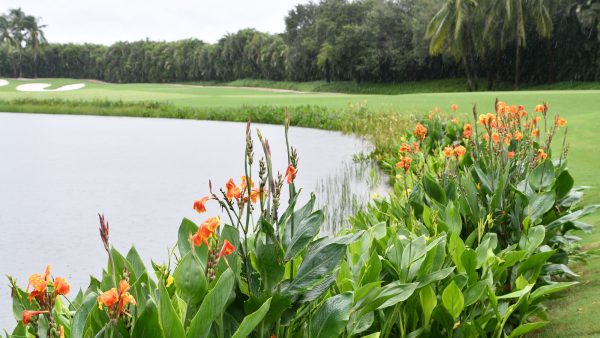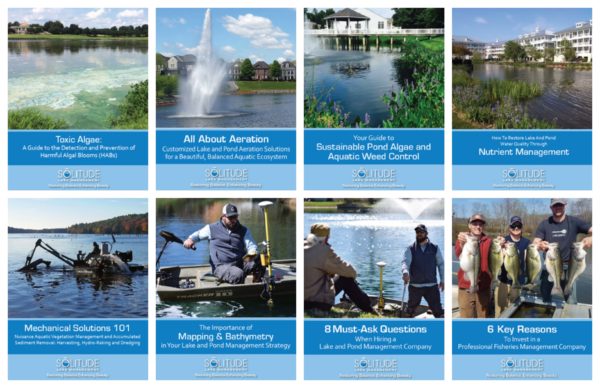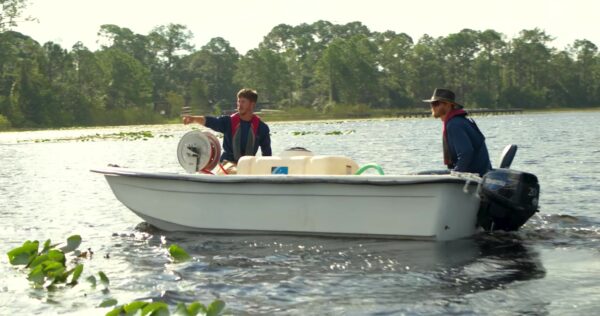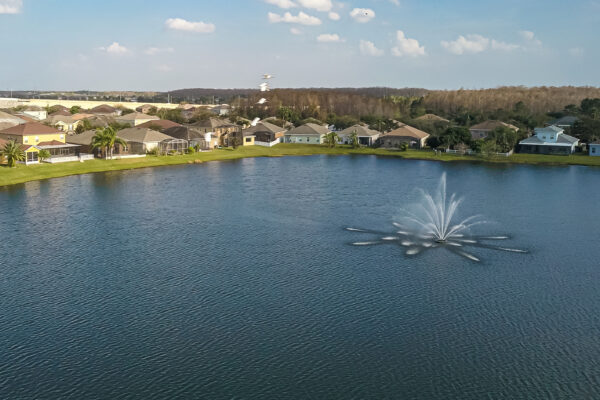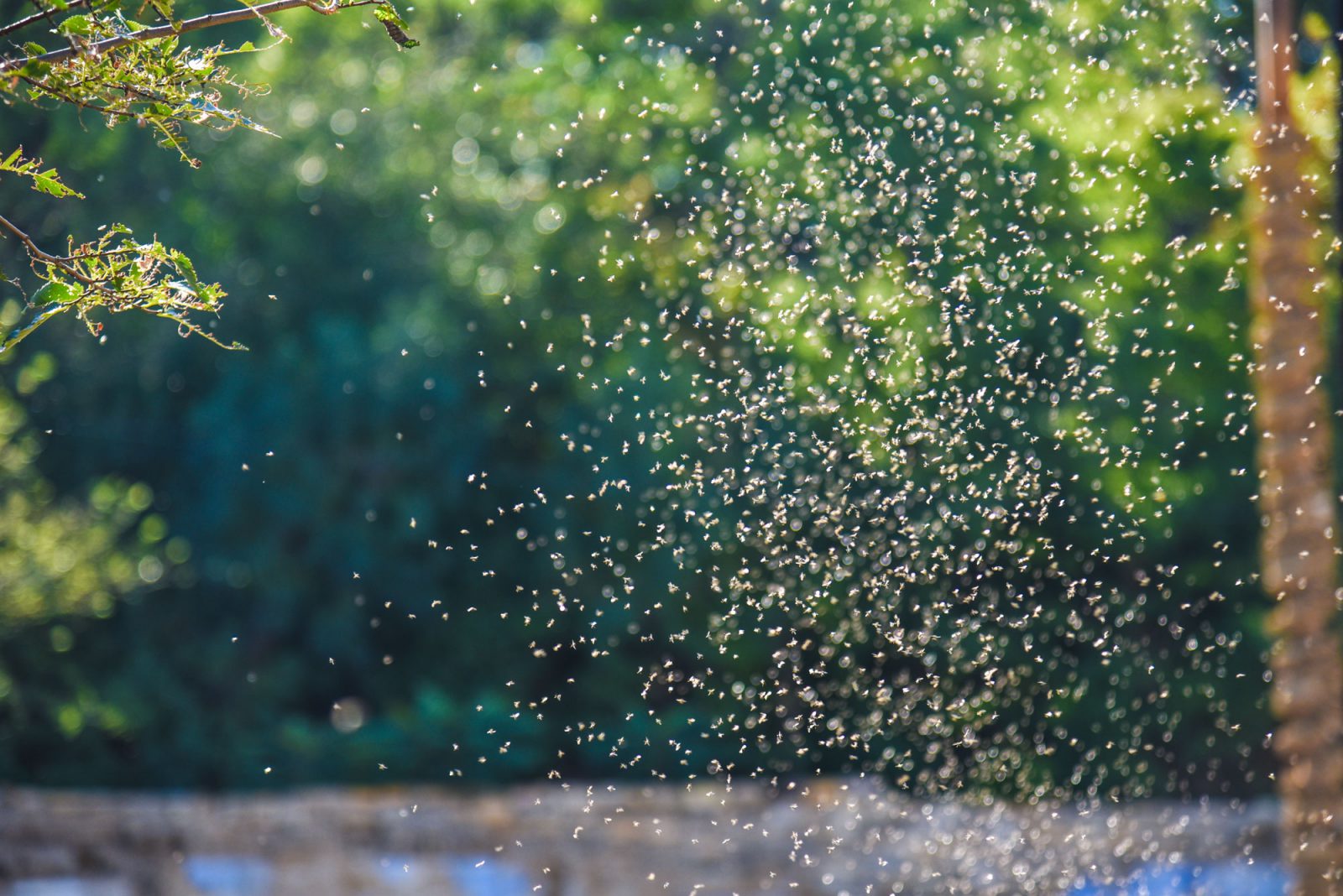
Mosquitoes are certainly an annoyance that can ruin an otherwise nice day outside. The real concern with these pests, though, is that they pose a significant risk to public health. Mosquitoes carry and transmit a number of debilitating and even deadly diseases, such as West Nile virus, Dengue and Zika virus. In fact, they are considered the deadliest animal in the world, and with a threat this serious it’s vital to prevent and control mosquitoes in and around your lake or pond.Mosquitoes breed in and prefer to live near warm, shallow and stagnant water. It will depend on the type of species; however, mosquitoes will deposit their eggs in just about any form of standing water including ponds, wetlands, puddles and containers such as tires or flowerpots. SOLitude has significant experience dealing with the management of mosquitoes in a wide variety of aquatic environments and our professionals are trained to perform comprehensive site assessments to detect areas of concern on your property. And once these problem areas are identified, there are a number of natural and environmentally sound solutions that can be implemented to help control mosquitoes and protect public health in your community.
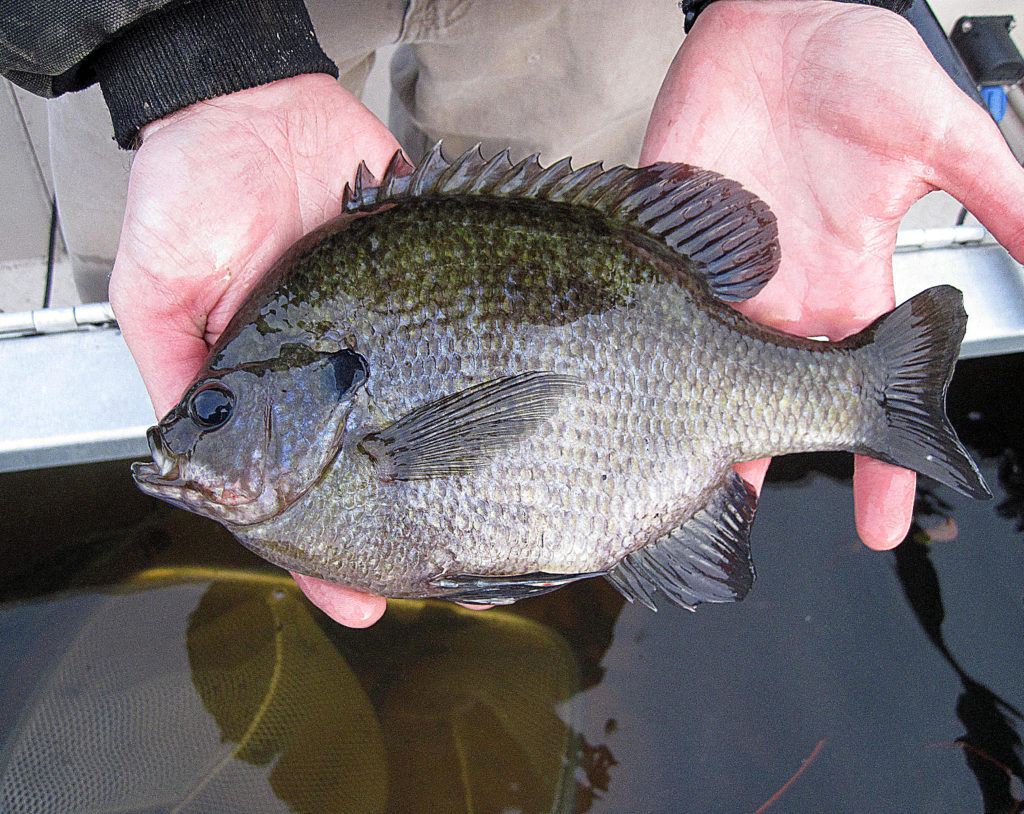
Stock Fish that Feed on Mosquito Larvae
One natural and effective way to control mosquitoes in your lake or pond is to stock fish such as minnows or bluegill. These fish along with others are a great choice, as they feed on mosquito larvae and reproduce frequently. It’s also important to replenish minnow populations, often times annually, since they can become depleted over time due to predation.
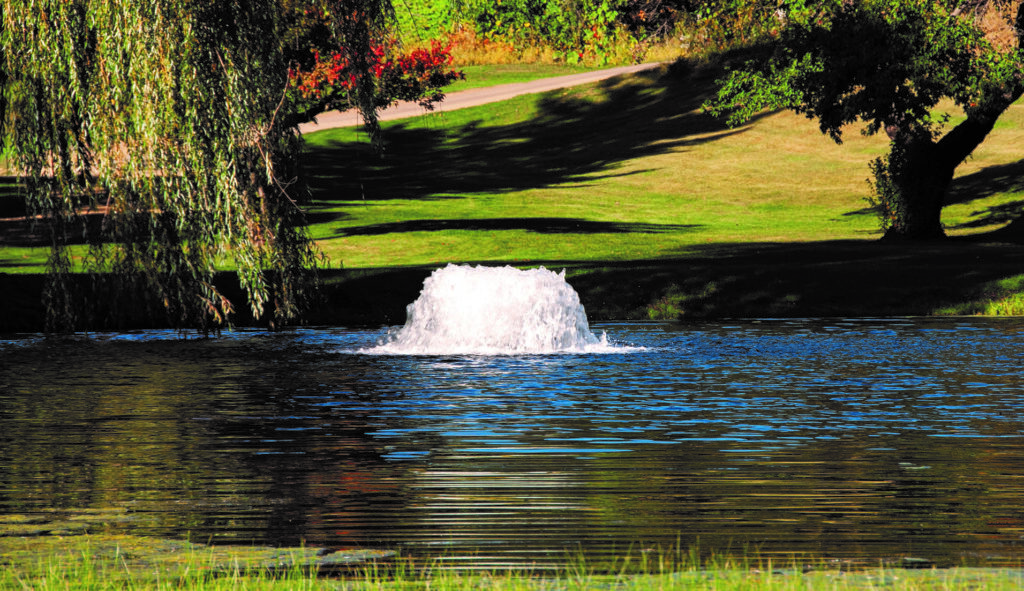
Circulate Water with Aeration
To keep the water in your lake or pond from remaining stagnant, consider adding a floating fountain or submersed aeration system. Aeration not only limits mosquito habitat, but also helps to restore and maintain water quality by mitigating the damage caused by excessive nutrient loading. There has also been field research done that shows aeration will help to limit the proliferation of black flies and midges in aquatic environments.
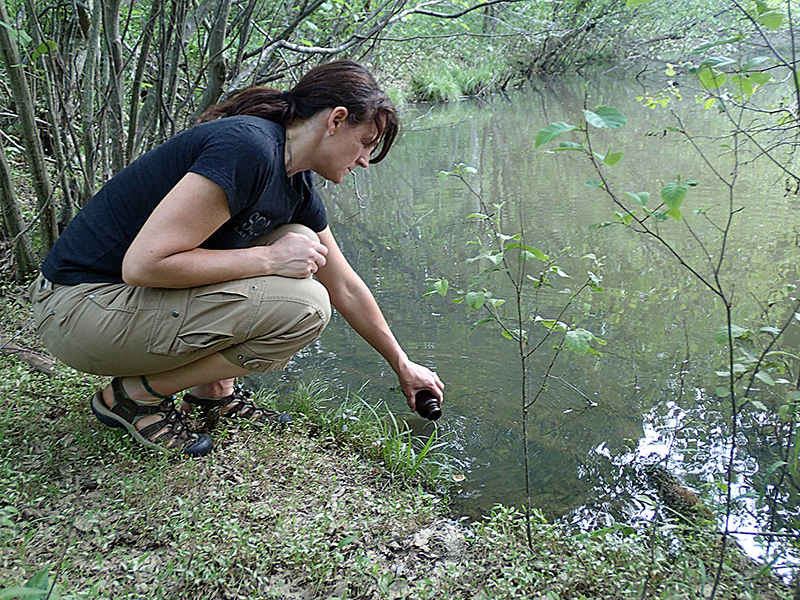
Empty Standing Water in Containers
Several types of mosquitoes utilize containers for breeding, including species that carry West Nile virus and Zika virus. Mosquito larvae can be found in a variety of artificial containers, including buckets, tires, cans, and flower pots. These containers should be eliminated where possible or emptied after any rainfall. Homeowners should also inspect rain gutters for clogs, gardening equipment and backyard children’s toys.
Implementing these natural mosquito control methods will greatly help to reduce mosquito populations in and around your lake or pond. If you are seeking large-scale mosquito control solutions for your community, business or an emergency response situation, our trusted partner, Vector Disease Control International (VDCI) can help. VDCI is experienced to implement an Integrated Mosquito Management (IMM) program that includes public education, surveillance, testing and control, all of which are essential to helping prevent mosquito bites and transmission of serious diseases.
Contact Us to Build Your Lake Management Plan
Call us at 888-480-5253 or complete the form below to connect with an aquatic management expert.
SOLitude Lake Management is a nationwide environmental firm committed to providing sustainable solutions that improve water quality, enhance beauty and preserve natural resources.
SOLitude’s team of aquatic scientists specializes in the development and execution of customized lake, stormwater pond, wetland and fisheries management programs. Services include water quality testing and restoration, algae and aquatic weed control, installation and maintenance of fountains and aeration systems, shoreline erosion control, muck and sediment removal and invasive species management. SOLitude partners with homeowners associations, golf courses, private landowners, businesses and municipalities. SOLitude Lake Management is part of Rentokil, a leading business services company, operating across the United States, Canada and Puerto Rico.
For more information, visit SOLitude Lake Management at solitudelakemanagement.com, and connect on Facebook, LinkedIn and Twitter.

